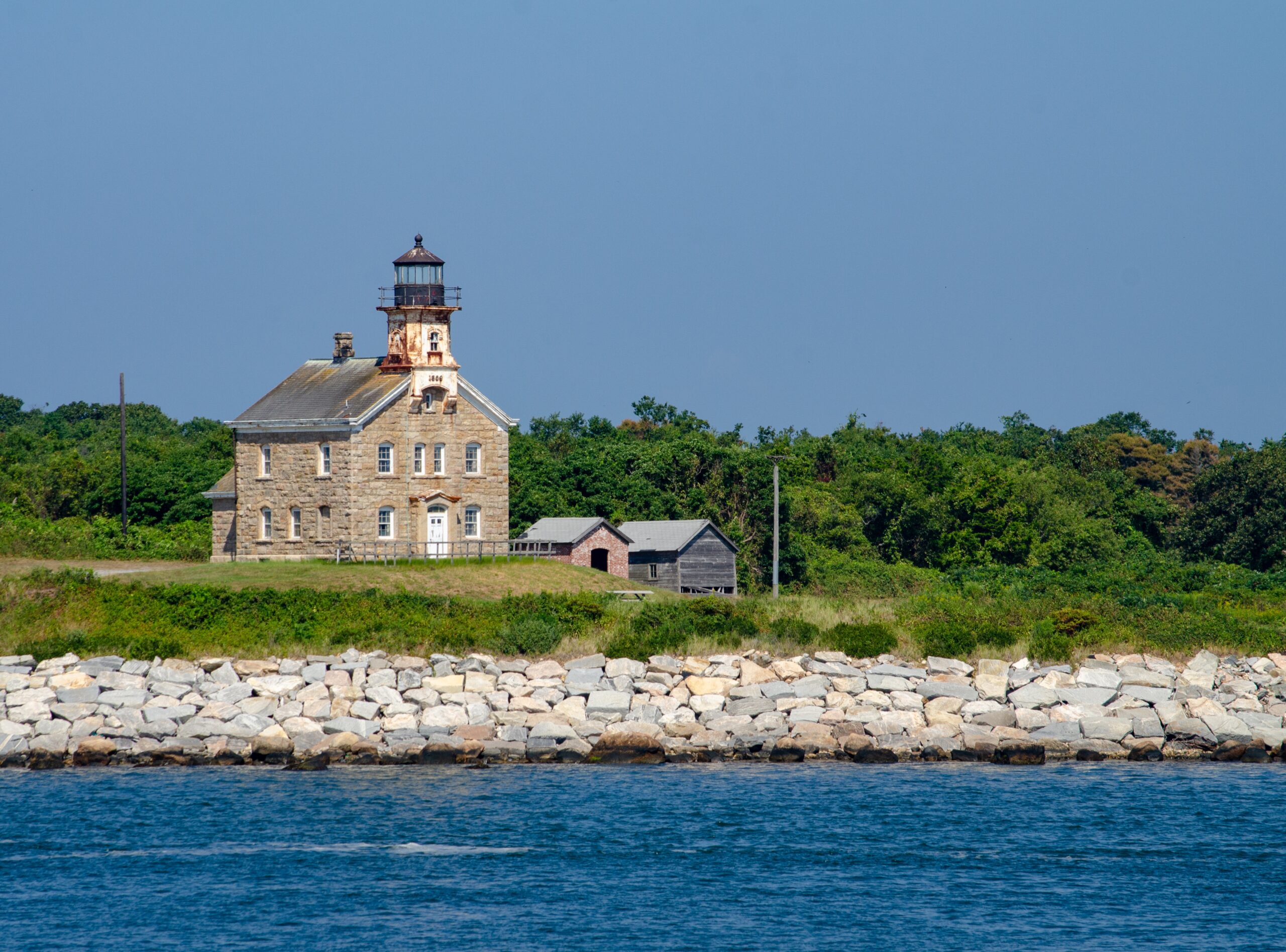The dedication and ribbon-cutting to open the $1.25 billion National Bio and Agro-Defense Facility (NBAF) in Manhattan, KS, was held during the run-up to Memorial Day. But the Plum Island Animal Disease Center remains open as the new NBAF won’t be handling those dangerous animal pathogens for maybe a year.
The U.S. Department of Agriculture and the Department of Homeland Security (DHS) Science and Technology Directorate (S&T) officials mostly invited Kansas politicians to the May 25 ceremonies.
The federal agencies claim the NBAF facility provides the highest level of biocontainment laboratories and safety protocols, is the first in the United States, and will allow scientists to study and diagnose critical animal diseases.
Until now, this animal disease work was conducted only on the isolated Plum Island, located off the East Coast. The new lab is on a university campus setting in the heart of Manhattan.
“America’s farmers, ranchers, and consumers count on our researchers to understand, monitor for, and develop solutions to combat a variety of high-consequence animal pathogens, and a facility of this magnitude positions us to respond,” said Agriculture Secretary Tom Vilsack. “This new, innovative facility will give USDA scientists access to cutting-edge, safe, and secure technology so they can continue to lead the world in animal health research, training, and diagnostics to protect our food supply, agricultural economy, and public health.”
The valuable scientific information delivered by researchers at NBAF also claims to allow America to remain a leading contributor to countermeasures that will protect agriculture, economies, and citizens across the globe.
NBAF will replace DHS’ Plum Island Animal Disease Center, which is a biosafety level-3 facility in New York that is more than 68 years old. Both departments have collaborated on the requirements for this next-generation science facility since 2006, and Manhattan was selected as NBAF’s site in 2009. DHS led NBAF’s design and construction, and USDA will own and operate the facility.
“NBAF is a historic investment for agriculture and our Nation in ensuring the health, safety, and security of the U.S. food supply,” said Under Secretary and USDA Chief Scientist Chavonda Jacobs-Young. “As the first facility of its kind in the United States, the innovative and cutting-edge solutions our scientists and partners can produce here will lead efforts to protect public health and address new and emerging diseases for many years to come.”
“This new facility highlights USDA’s commitment to taking every step possible to protect the United States from transboundary, emerging, and zoonotic animal diseases,” said Under Secretary for USDA’s Marketing and Regulatory Programs Jenny Moffitt. “Through investments like these, we can ensure our country has the tools to keep the American people and our agricultural animals safe and to prevent diseases costly to farmers.”
With more than 400 employees, USDA’s Agricultural Research Service (ARS) and Animal and Plant Health Inspection Service (APHIS) will share NBAF’s operational responsibilities. ARS will primarily focus on research to understand high-consequence and emerging animal diseases and develop countermeasures, such as vaccines and antivirals. APHIS will focus on prevention, surveillance, diagnosis, and response to these diseases, including the expertise to manage two vaccine banks and train state and federal veterinarians to recognize livestock diseases.
The ribbon-cutting ceremony at the facility highlighted the state and local community’s support. City of Manhattan Mayor Mark Hatesohl, Kansas State University President Dr. Richard Linton, Kansas Governor Laura Kelly, U.S. Senator Jerry Moran, and former U.S. Senator Pat Roberts also addressed the crowd during the ceremony.
It was, however, little noticed outside of Kansas.
NBAF’s Midwest location offers researchers and diagnosticians closer proximity to develop key partnerships with the animal health industry and several academic institutions,” said NBAF Director Dr. Alfonso Clavijo. “NBAF will create opportunities between scientists and animal health companies to enhance and expedite the transition of new veterinary countermeasures from research to market to protect the nation’s agriculture if needed.”
Adjacent to Kansas State University and on the Western edge of the largest concentration of animal health companies in the nation, the 48-acre NBAF campus includes more than 700,000 square feet of total building space. At 500,000 square feet, the main building includes containment laboratories, animal holding facilities, office spaces, facility support areas, and required safety systems — such as redundant high-efficiency particulate air filters and waste decontamination systems.
(To sign up for a free subscription to Food Safety News, click here.)

